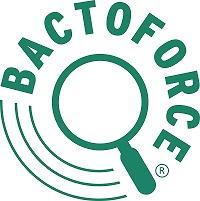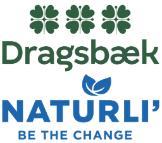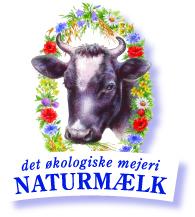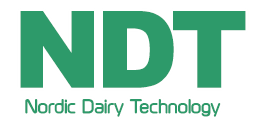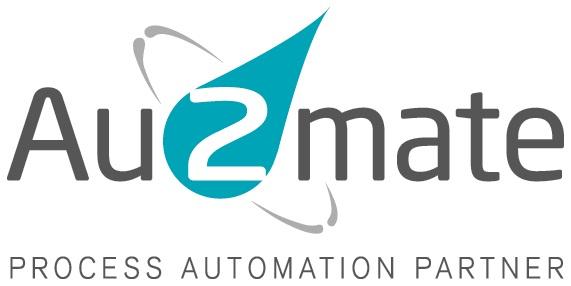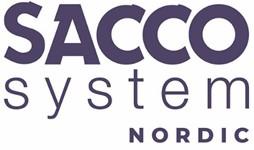
Industry 1.0 – The first industrial revolution – began in the end of the 18th century when the steam engine made a huge difference for the sprouting industry. Less than hundred years later Industry 2.0 was a reality. The second industrial revolution introduced concepts as mass production and assembly lines. Next level – Industry 3.0 – started about 1970 with the first digital technologies and the development towards fully automated production lines and plants was a reality. Now – in this century – we are with higher speed than ever facing the 4th industrial revolution – called Industry 4.0. This wording and this revolution cover digital technologies combined in intelligent networks that enables computers and software tools to communicate, to make decisions and corrections etc. This development is based on the capability to handle big amount of data and the ability to understand and use all the information hidden in the data.
The programme for this seminar will include a general introduction to Industry 4.0, case studies and presentation of solutions that will become a reality in the dairy industry – today or tomorrow!
Price:
Members of the Danish Society of Dairy Technology: 2.195 DDK ex. VAT
Non-members of the Danish Society of Dairy Technology: 2.695 DKK ex. VAT

Is Industry 4.0 the future of dairy?
Technology is evolving with enormous speed and increasingly we see how technology change our way of living, interacting, do business, etc. Technology powered changes, or Industry 4.0, are changing factories and supply chains as well. In fact, we already see machines which predict and call for maintenance themselves, operators who are trained in 3D simulators, and remote service assistance via avatars in augmented reality glasses. This presentation takes offset in experiences with industry 4.0 and addresses what industry 4.0 means for dairy? How should dairy work with Industry 4.0 to benefit and stay on top?

The future tool for increased competitiveness in the dairy industry
The dairy plants become larger and more complex and at the same time the demands for rapid adaptation and improved efficiency increase. New Technologies forming part of Industry 4.0 offer a toolbox to support the efficiency of workflow, operation and maintenance of the dairies. Based on implemented of several digital applications in the dairy factories this presentation will give highlights on three main subjects: Interface, OEE and line control.
The interface part is covering real-time, and high valid data exchange in the production IT systems. The OEE part is covering a live application of performance optimization. The line control part is covering integration between ERP and production IT.
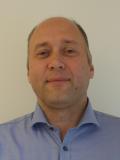
Production Optimization and Virtual Collaboration Platforms
This presentation will introduce a range of digital solutions developed for increasing productivity of process lines. Detailed component simulations using real life operating condition are used to ensure the equipment is optimized for the actual process. Advanced control software is added to ensure the plant is operating optimally 24/7 over the life-time of the process line. In addition several virtual collaboration platforms aiming at faster skills development and more efficient knowledge sharing is presented and demonstrated.

How to use large amounts of data to optimize production
Chemometrics and modern spectroscopic sensors can be used to understand, optimize and control complex processes. It will be presented how e.g. fermentations can be monitored or how flavour profiles are understood. Working with big amount of data requires a lot of attention and the lecture will present how to get as much information out of the data that are available and how to make sure that the information is visualized in such a way that it is useful and operational for all levels in the organization.
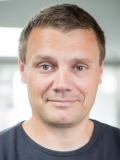
Reuse of quality water in the dairies based on “Big Cheese Data”
This lecture will present a new project, which aims to provide a tool that allows the cheese making dairies to reduce intake of clean tap water and drastically reduce the amount of water discharged as waste. The Danish dairies produces about 400,000 tons of cheese per year, the importance of quality control is paramount, and the industry seeks to move to 100% online quality control of all cheeses. This is a very challenging task due to the cheese size and shape, and heterogeneity and quality gradients. The project will demonstrate how near-infrared spatially resolved spectroscopy can be used for online quality control of the cheeses, and the perspectives of setting new standards for reuse of quality water (to gain a lot of economically and environmentally savings) in the dairies will also be presented.
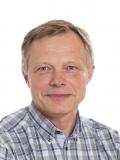
The Digital Twin
The Digital Twin Technology is a concept that can be used to identify and simulate optimizations of designs or efficiency etc. In this presentation, there will be an introduction to a tool, that can be used to build a “Digital twin” of a factory, where the functionality is detailed to individual machines, operators, conveyors, forklifts, buffers, stocks, raw materials, trucks, finished goods etc. When the model is configured, different scenarios for operations can be tested based on real data e.g., and as the model runs in real time, it is very visual showing not only bottle necks but also when and why the bottlenecks arises. It enables a “birds eye view” and also a zoom on even large factories with complex production lines.
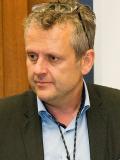
Adding value through Industry 4.0
Daily life optimization of new or existing production lines is a task for the staff in the diaries as well as the suppliers to the dairy industry. This presentation covers how digitalisation and Industry 4.0 can support the effort of doing better and optimizing production lines and processes. Digitalisation and Industry 4.0 are also extremely important when it comes to investment in new production lines. A lot of factors like training, service, quality, uptime, upgrades, maintenance etc. must be taken into consideration to ensure the best value out of future investments, looking at Total Cost of Ownership (TCO).

Industry 4.0 and use of online NIR sensors
NIR sensors are increasingly used for online process insight and production critical decisions are taken on the basis of NIR results every day. In the scope of industry 4.0 and BIG data, we will present our view on the use of online NIR solutions in the process industry. Where is NIR presently placed in the process towards reaching the goals of industry 4.0, what is possible today and what is coming next.
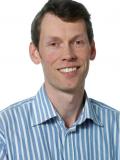
Collection and use of data in Danish dairy herds … an option for the dairies
This presentation will introduce a commonly used management program in the Danish dairy herds called DMS Dyreregistrering. Together with the product Smartkoen and Bovisoft it is the most important tool for collecting data from the production and to enable the milk producer to make valuable decision. Data is stored in the Danish cattle database together with information from e.g. dairies, abattoirs, laboratories. These data give many indications and decision information about feeding, diseases, mortality, longevity, forecasted on milk production etc. The presentation shows examples of these data. Could they be valuable further in the chain from milk to milk products?




